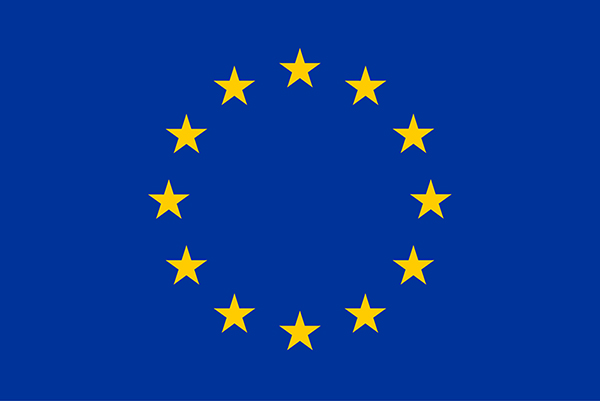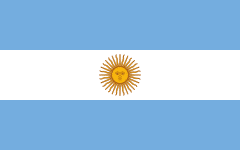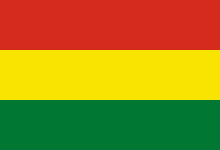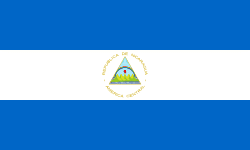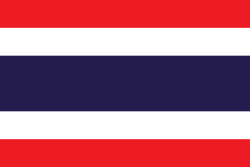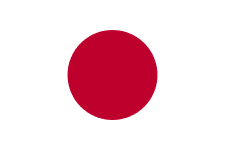- Industry
- Region
- Country / Region
On 13 November 2024, the Eswatini Communications Commission (ESCCOM) issued Circular No. 12/2024 proposing to commence the retirement of 2G and 3G mobile communications networks in Eswatini. The notice proposes to retire 2G technology on or before December 31, 2026, and 3G technology by December 31, 2028, as well as to prohibit the import into Eswatini of devices that only support 2G and 3G and type approval of such equipment from December 31, 2024.
Click on this link to view the original public consultation. The deadline for comments is 9 December 2024.
On November 11, 2024, the Macao Special Administrative Region issued Law No. 21/2024. This new law allows CTT to exempt terminal devices using mobile networks, such as mobile phones, tablets or other devices using SIM cards, from the need for a license and type approval, in addition to the existing exemptions for low-power equipment (LPD) and short-range equipment (SRD). The law goes into effect on January 1, 2025.
Click on this link to view the original law.
On 8 November 2024, the Electronic Communications Commission (ECC) of the European Conference of Postal and Telecommunications Administration (CEPT) launched two public consultations:
- Draft CEPT Report 089 - "Report from CEPT to the European Commission in response to the Mandate to develop harmonised technical and operational conditions for the usage of non-active antenna systems aerial terminal stations in EU-harmonised frequency bands for terrestrial systems capable of providing electronic communications services ";
- Draft revisions to ECC decision (06)01 - "The harmonised utilisation of the bands 1920-1980 MHz and 2110-2170 MHz for mobile/fixed communications networks (MFCN) including terrestrial IMT systems".
Click on this link to view the original public consultation, and the comment period is until 20 December 2024.
On November 8, 2024, the Ministry of Science and ICT (MSIT) of the Republic of Korea announced on the WTO website the technical standards for charging and data transmission methods for broadcast communication equipment such as mobile devices and smart devices, and on November 26, 2024, an update to the circular was published on the WTO website (only editorial changes were made to Note 3, 4 and 5).
The technical standard requires that the following devices must be equipped with USB-C connectors: mobile phones, tablets, digital cameras, headphones, headsets, portable video game controllers, portable speakers, e-book readers, keyboards, mice, portable navigation devices, earbuds, laptops. The scope of the device is in line with the Universal Charger Regulation (EU) 2022/2380 implemented by the European Union. The technical standard will come into effect on February 14, 2025, and laptops will require a USB-C port from April 1, 2026.
Click on this link to view the original WTO Circular issued on 26 November 2024.
Following the issuance of Resolution No. 237/2024 by the National Technical Regulatory Agency (DNRT) of Argentina on August 30, 2024, the DNRT issued Provision No. 1/2024 on November 7, 2024. The provision highlights the implementation of Resolution 237/2024 and states that until it becomes mandatory on 28 March 2025, users can use the existing label or the QR code in Article 3.3 of 237/2024. In the attachment to the clause, the specific requirements for QR code labels are also given, examples as follows:
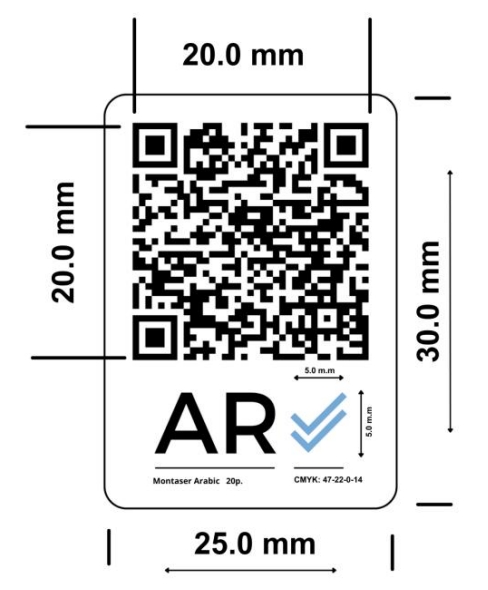
Click this link to view the original text of Provision 1/2024.
Bolivia: ATT adopts new type approval regulations to extend the validity of certificates to 10 years
On November 6, 2024, the Bolivian AUTORIDAD DE REGULACIÓN Y FISCALIZACIÓN DE TELECOMUNICACIONES Y TRANSPORTES (ATT) issued a new regulatory administrative resolution "ATT-DJ-RAR-TL LP 539/2024", replacing the previous regulation "ATT-DJ-RAR TL LP 443/2023". In Chapter V, Article 17, the new regulation stipulates that the validity period of the type approval certificate has been extended to 10 years, which is twice as long as the previous one.
Click this link to view the original resolution.
Nicaragua: TELCOR publishes key regulations for telecommunications convergence and digital inclusion
On November 6, 2024, the Government of Nicaragua approved Law No. 1223, General Telecommunication Convergence Law, which aims to promote technological convergence and improve universal access to telecommunication services. TELCOR will be responsible for enforcing and monitoring regulations, promoting investment, and bridging the digital divide, especially in rural areas. the main points of the law include:
- Type approval is required for all telecommunications equipment that is directly or indirectly connected to or allows access to public telecommunication networks;
- Telecommunications equipment sold in Nicaragua must be labeled to demonstrate compliance with national regulations. Specific labelling requirements have not yet been determined and will be announced in 2025;
- TELCOR will maintain an accessible list of approved and denied devices;
- Parties interested in applying for certification must submit detailed technical specifications of the equipment to be certified and a certificate of conformity issued by the International Organization for Standardization and/or other national regulatory bodies. TELCOR will publish a list of international organizations that accept their certificates of competency.
Click on this link to view the original law document.
On 31 October 2024, Thailand's National Broadcasting and Telecommunications Commission (NBTC) published an announcement in which it published BS 3004-2567 Technical Standard for Digital Television Broadcasting Receivers. For DAB-enabled broadcast receivers, certification was not required before, and after the new standard comes into effect, such devices will need to complete NBTC SDoC certification.
The technical standard will enter into force 120 days after its publication in the Official Gazette, i.e. on February 28, 2025.
Click this link to view the announcement and the original standard.
On October 29, 2024, the Indian Telecommunications Engineering Centre (TEC) published an addendum on the standards for the certification of telecommunication equipment with special test requirements under the MTCTE. The appendix includes satellite communications equipment that, as long as it meets the operational standards mentioned in the Notice, has the same certification requirements as the Notification No. 6-6/2021-TC/TEC (Pt. II), i.e., alternatives to discontinued products are exempt from MTCTE.
Click on the link to view the original addendum.
On 26 October 2024, the Ministry of Internal Affairs and Communications (MIC) of Japan launched the following public consultation:
- Report of the Committee on the Next Generation of Mobile Communications Systems (draft) - "Technical specifications for the new generation of mobile communication systems", including "Technical specifications for the fifth generation of mobile communication systems (5G) (RedCap/eRedCap)". Click on the link to view the original public consultation, and the comment period is until 25 November 2024.
- Land Radiocommunication Commission Report (Draft) - "Technical Conditions for the Complexity of Low-Power Radio Systems" - "Technical Conditions for the Complexity of Wireless LAN Systems" - "Technical Conditions for the Use of 5 GHz Wireless LAN in the Air". Click on the link to view the original public consultation, and the comment period is until 26 November 2024.


